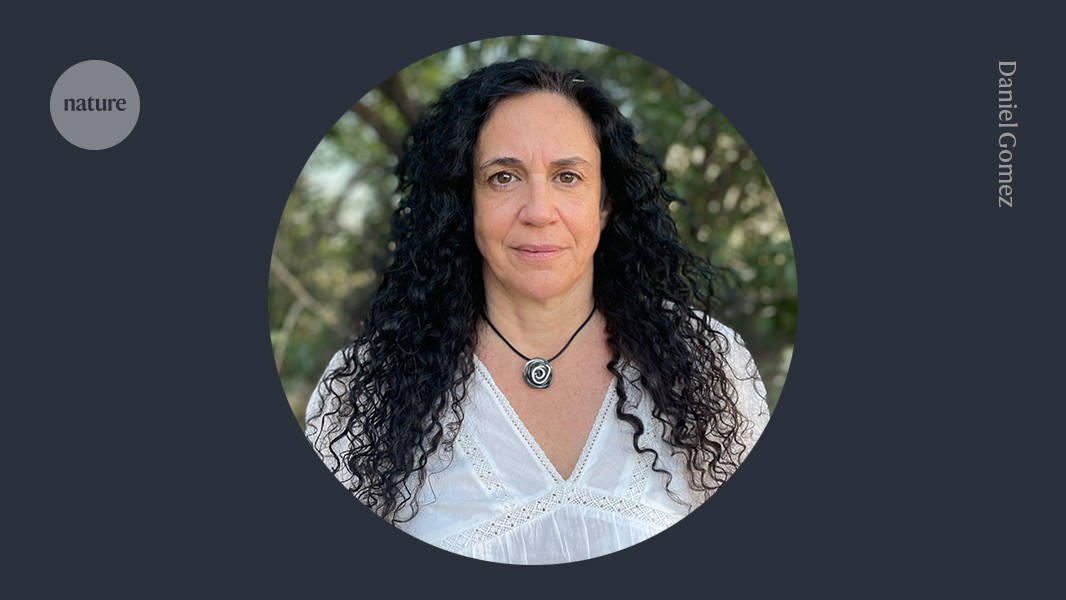
"For years, I thought equity in science was possible. I believed it in meeting rooms to which I had been invited to speak, until I realized that I had not been invited to shape the discussion. I believed it in working groups that applauded diversity, until I noticed that my ideas only landed when echoed by someone else. And international organizations regularly sought me out, but it was hardly ever for a leadership role."
"In 2021, I proposed ways to build healthier collaborations between countries with unequal resources: currently they benefit mainly the wealthier partner ( D. Armenteras Nature Ecol. Evol. 5, 1193-1194; 2021). The article resonated with scientists across Latin America, Africa and Asia, who thanked me for exposing these skewed partnerships. But what also stood out to me was that none of the committees and organizations that had so often solicited my input got in touch."
"Many scholars from historically overexploited countries (often referred to as the global south) expected that exposing the problem would trigger change. Four years on, I see it clearly: the scientific system was never designed for equity. For people whose privilege stems from geography, institutional reputation and inherited networks, the system works perfectly the way it is. That's why institutions focus only on improved access and optics. They look like they are changing, but the same people retain control."
For years the writer believed equity in science was achievable but discovered invitations often excluded opportunities to shape discussions or hold leadership roles. Working groups praised diversity while ideas from less-privileged contributors only gained traction when echoed by others. Collaborations between wealthier and less-resourced countries predominantly benefited the wealthier partners. Exposing these inequities elicited gratitude from many researchers in Latin America, Africa and Asia but produced little institutional change. The scientific system preserves privilege tied to geography, reputation and networks, so institutions emphasize access and optics while control and credit remain centralized, often extracting specialist and Indigenous knowledge at low cost.
Read at Nature
Unable to calculate read time
Collection
[
|
...
]